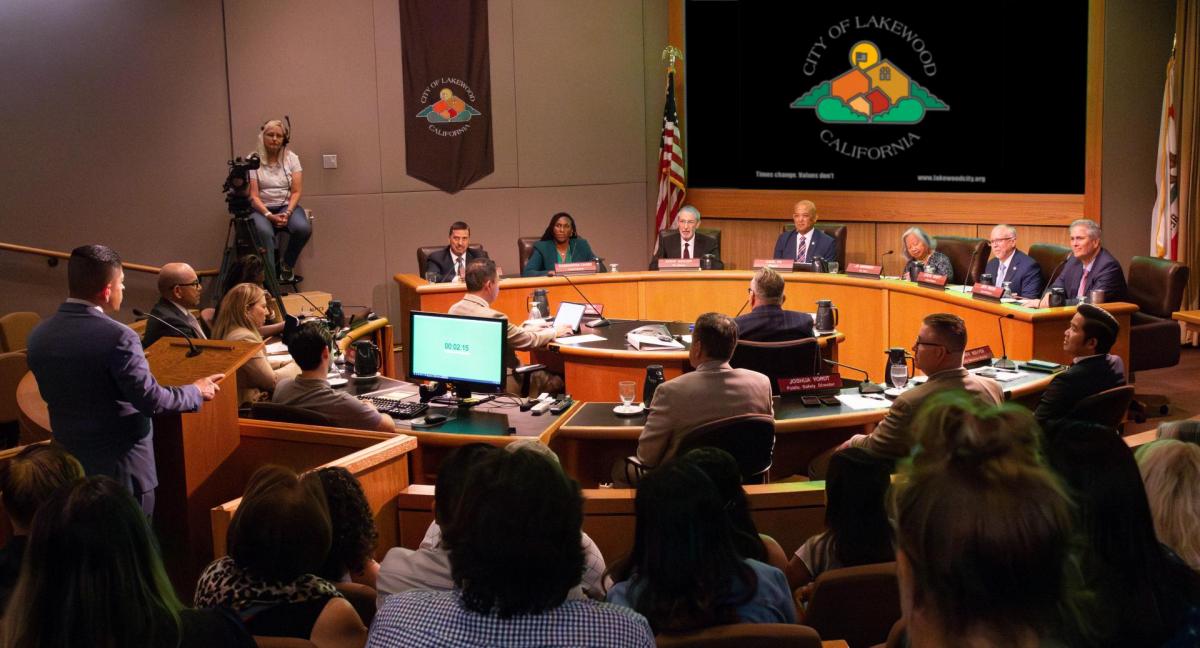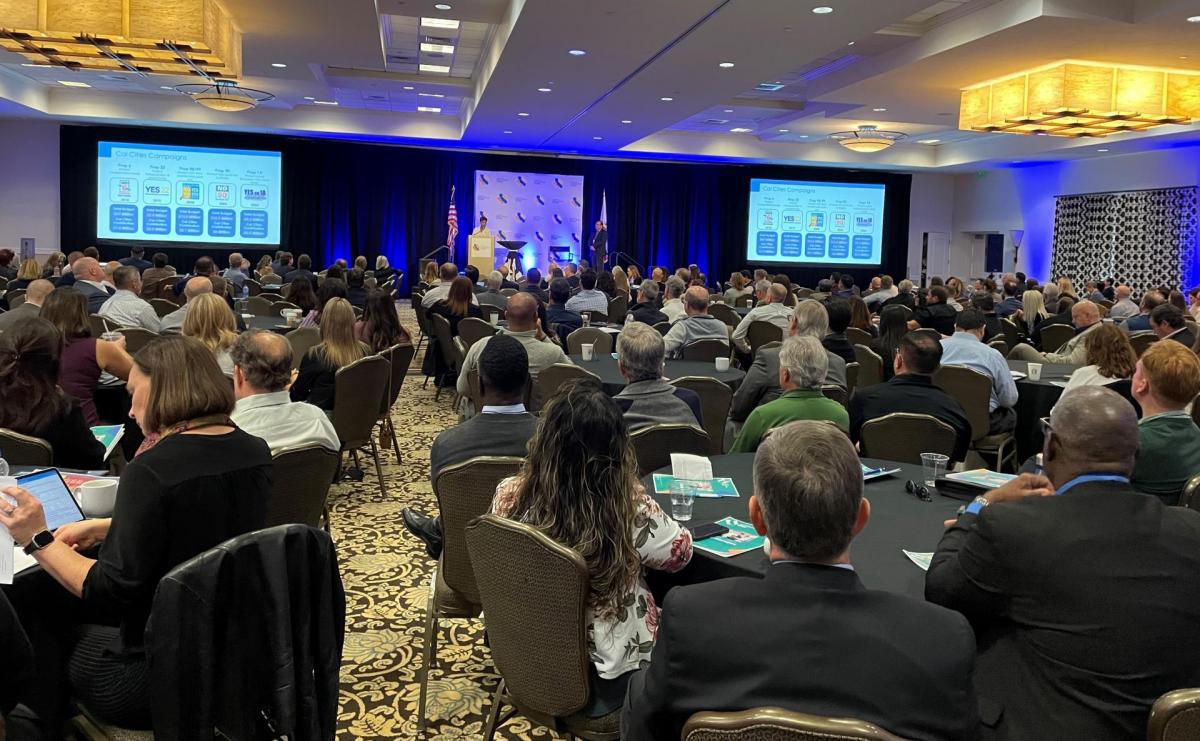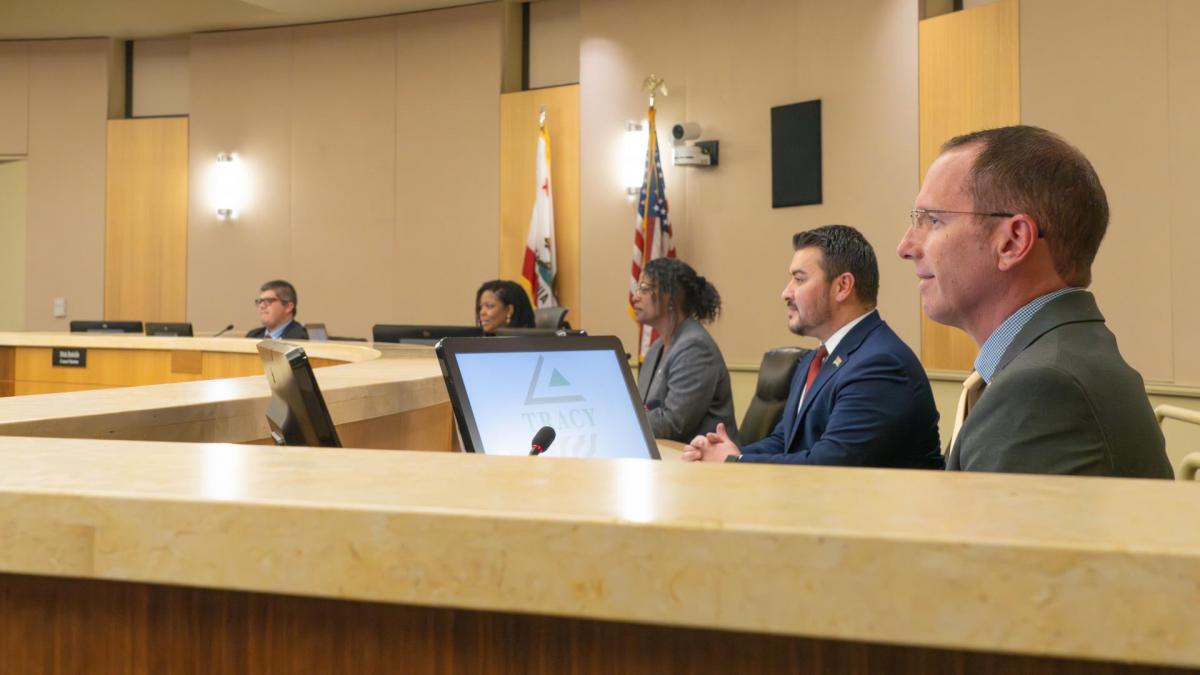Essential tips for effective city council meetings
Jan Perkins, ICMA-CM, and Dan Keen, ICMA-CM, are local government consultants and former city managers. They can be reached at jperkins@raftelis.com or danielkeen@danielkeenconsulting.com.
If you’re reading this, chances are that you’ve attended many city council meetings. Most were probably smooth, orderly, and otherwise unremarkable: Professional staff and elected officials worked together to enact policies and actions that represented the interests of the community. Yet, we have all likely had the misfortune of sitting through council meetings that didn’t go so well.
Effective governance doesn’t happen by chance. A lot of work goes into preparing for council meetings, followed by significant deliberations before a vote. There is a cadence to a successful meeting, with a long chain of steps that start well before the mayor calls the meeting to order. A well-run council meeting reflects a partnership of efforts by staff and elected officials.
A successful council meeting depends upon the staff, city manager, city council, and mayor all fulfilling their key responsibilities. No matter what role you play in your city, an understanding of each of these roles can lead to more successful council meetings. Here are some of the best practices you should consider for a smoother council meeting.
Staff’s role
Good meetings start with clear, thorough staff reports. These reports should include recommendations that ensure council members have sufficient information to make an informed decision. Remember: Not everyone is a subject matter expert like yourself. Include an executive summary with clear points. Many people will only read the first page, so ensure it contains the most important information. Use bolding and bullets to highlight key points.
You should also try to anticipate questions from council members. One easy way to do this is to monitor social media to see which issues residents are raising. The council may see what is coming through on social media and could ask the same questions. Your city manager can also help you anticipate questions — more on that in the next section.
Before turning your report in, ask yourself the following questions:
- Has there been adequate public review of complex issues?
- Does the report clearly outline the process that was followed?
- Can the supporting materials be easily accessed by the public?
Timeliness is also key. For complex items, give the council more than the usual three to five days to review the report. They need time to read, digest the information, and ask questions about the complexities before the meeting. Likewise, ensure that you leave enough time for the city manager to review and provide input on big, complex, or sensitive reports as needed.
City manager’s role
As the chief executive officer, your job is to ensure everyone is set up for success. This starts with the agenda. Don’t over-pack it so that items need to be continued into future meetings. Similarly, don’t surprise the council. Create a three-to-six-month calendar of upcoming agenda items — with the caveat that the forecast is likely to change. When you can give the council a larger picture, it helps them understand the magnitude of the issues staff are dealing with and what is on their plate.
Good agenda management and forecasting also give you an opportunity to discuss complex or sensitive issues with council members well in advance. Don’t let them be surprised by some big issue that they do not have any background on or didn’t know was coming their way. This helps ensure the report is understood and helps staff prepare better reports.
For staff, ensure their recommendations are clear and supported by the analysis in the report. When there are alternatives, identify the pros and cons of each — particularly on major or controversial issues. When reports do not offer pros and cons, it is easy for people to think that staff are biased. Be aware of those occasional instances where a recommendation should not be made because it is strictly a council policy. When a recommendation is not made, it is still appropriate to state the objective impacts of the matter in the report.
As the meeting draws closer, encourage council members to ask questions about agenda items in advance. If time permits, provide written answers ahead of the meeting to all council members. Questions can also be answered by staff during the meeting if there is insufficient time to prepare written responses before the meeting. This will help ensure that the meeting doesn’t get bogged down with basic technical questions and that council members can focus on debating the policy, responding to public comment, and making informed decisions.
Council members’ role
As a council member, your most important responsibility is to read the reports before the council meeting. A great deal of time and effort goes into getting to the report stage, normally by multiple people and departments with decades of experience. Read each report, ask questions in advance, and be prepared to act on it at the meeting.
Asking questions in advance is key to ensuring the meeting moves smoothly. This is particularly important for highly technical or detailed questions, which can unnecessarily delay a council meeting.
Let the city manager know what questions you will ask in public, even if they have been asked and answered by staff in advance. It is often helpful to ask questions for the benefit of the public and have staff answer them. However, it is not respectful to surprise staff with questions you could have asked in advance. Giving the city manager a heads-up avoids “gotcha” moments.
Likewise, never ask questions in a manner that sounds like an interrogation or that suggests staff are less than professional or have ill intent. After all, everyone is on the same team.
If you have concerns about an item, express them in advance. Depending on the situation, the city manager may decide to delay the item. Sometimes this approach can lead to a better-supported outcome and a smoother meeting.
Likewise, if you are concerned about a particular issue that is not addressed in a staff report, discuss it with the city manager and explain what information you would like and why. If it can be provided easily enough, then the information should be distributed to all council members before the meeting so as not to delay the item. You may discover the information is not needed for a decision and can be provided later. In any event, discuss it with the city manager to reach a reasonable solution.
You should also consult with your city attorney in advance of council meetings on questions that could have legal implications for the city. Some questions should not be asked in public, such as the legal risks of taking a particular course of action.
You’ll also want to check with the city attorney ahead of time if you believe you may have a conflict of interest. Typically, these items are related to campaign contributions from potential contractors or decisions that may affect your own property’s value. It slows down the council meeting when a potential conflict arises, as all things stop until it gets reviewed.
Last, but not least: Show appreciation. Your public comments of support for the staff’s hard work are important feedback and show residents that you have confidence in their work.
Mayor’s role
As the mayor, you have a few more extra duties than your fellow elected officials: You need to guide deliberations. Expect council members to speak through the mayor as chair and not to the audience.
You also need to know and utilize effective meeting protocols. Become proficient in how motions and votes are to be called for, when and how to call on council members, and then stick to the process. Apply time limits for public comment, council deliberations, and public hearings in a consistent, predictable manner that does not show favoritism to one side or the other. Remind council members not to repeat themselves if they’ve already stated their position on something and have nothing new to add. And use the city attorney as a parliamentarian as needed.
Perhaps most importantly, learn how to maintain civility among members of the public and the council. The way you preside can set the tone for the meeting. Do not allow residents to disrupt the meeting. And don’t allow council members to speak rudely or disrespectfully to either their colleagues, staff, or the public. All of this is part of running an orderly meeting.
Chaos is optional
Learning how to be an effective governing body member is like learning any new skill; there are “rules of the road” that make one proficient. No one council member can enact a local ordinance or approve a program. It takes a majority — and the council cannot do their work without the professional staff. A partnership is the only meaningful way for council meetings to move the business of our communities forward.




